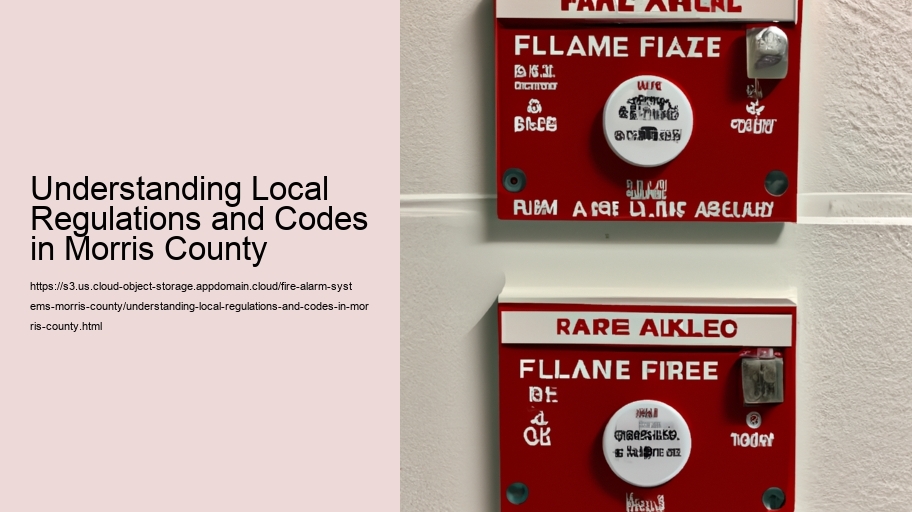Understanding local regulations and codes in Morris County is essential for residents, businesses, and anyone planning to engage with the community in various capacities. Selecting the Right Fire Alarm System for Your Property . These regulations and codes are designed to maintain order, ensure safety, and promote the well-being of all who live and work in the area. Navigating this landscape requires a keen awareness of the governing bodies involved, the specific regulations in place, and the implications they have on daily life.
Morris County, located in New Jersey, is a vibrant community known for its rich history, thriving economy, and scenic landscapes. The county is governed by a combination of municipal, county, and state regulations that address a wide range of issues, from zoning and land use to health and safety standards. Each of the 39 municipalities within Morris County may have its own set of local ordinances, which adds a layer of complexity to understanding the regulatory environment.
Zoning laws are a critical component of local regulations that affect how land can be used within a given area. These laws are designed to separate residential, commercial, and industrial areas to prevent conflicts and ensure harmonious development. For instance, a business owner looking to open a new storefront in Morris County must first ensure that their chosen location is zoned appropriately for commercial use. Additionally, they may need to obtain permits and adhere to specific guidelines regarding signage, parking, and building modifications.
Building codes are another crucial aspect of local regulations. These codes set the standards for construction and renovation projects, ensuring that structures are safe and meet specific quality benchmarks. Whether one is building a new home or renovating an existing property, understanding the relevant building codes is vital to avoid legal issues and ensure the safety of occupants. Compliance with these codes often requires inspections and approvals from local authorities, which can influence project timelines and costs.
Health and safety regulations also play a significant role in Morris County's regulatory framework. These regulations cover a broad spectrum, from food safety standards for restaurants to environmental protections that preserve the county's natural resources. Businesses in the food industry, for instance, must adhere to strict health codes to prevent contamination and ensure public safety. Similarly, industries that may impact the environment must comply with regulations aimed at reducing pollution and protecting local ecosystems.
In addition to these regulations, Morris County also has specific codes related to public safety, such as fire codes and emergency preparedness guidelines. These codes are essential for ensuring that the community is prepared for potential emergencies and that buildings are equipped with necessary safety features like fire alarms and sprinkler systems.
Understanding and complying with local regulations and codes can be challenging, but it is a necessary endeavor for anyone engaging with the Morris County community. Failure to adhere to these regulations can result in fines, legal disputes, and other complications that can disrupt personal and professional plans. Therefore, it is advisable for residents and business owners to stay informed about relevant regulations and seek guidance from local authorities or legal experts when needed.
In conclusion, local regulations and codes in Morris County are vital components of the community's governance structure. They ensure that development is orderly, buildings are safe, and the environment is protected. By understanding and adhering to these regulations, residents and businesses contribute to the county's continued prosperity and quality of life. Engaging with these codes not only helps individuals avoid legal issues but also fosters a community that values safety, sustainability, and harmonious living.
